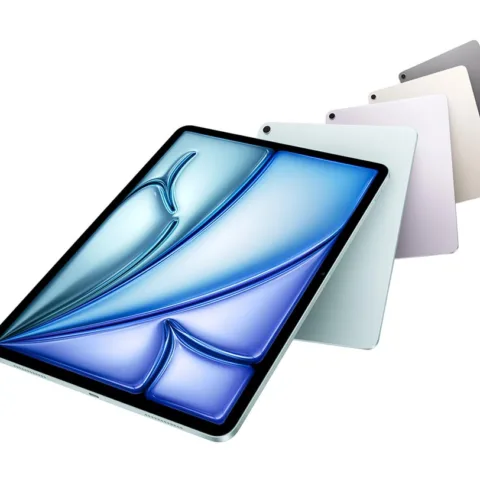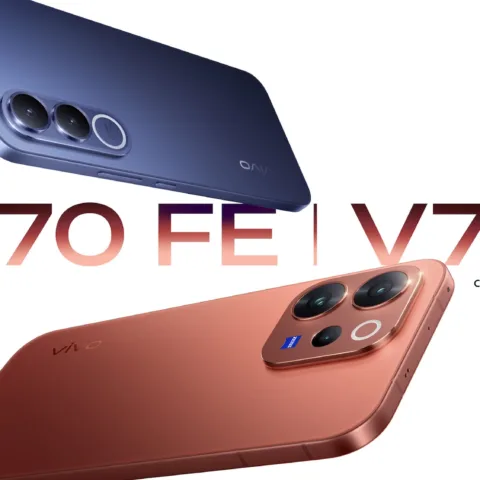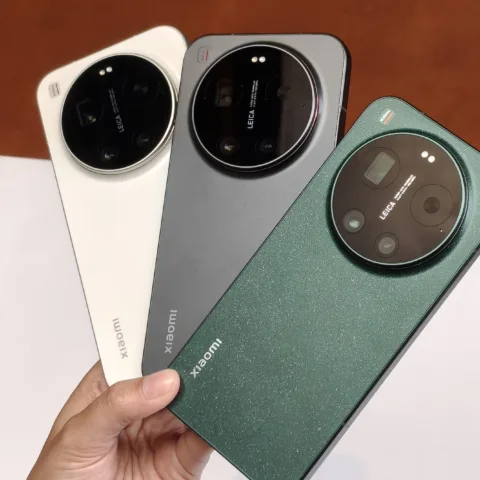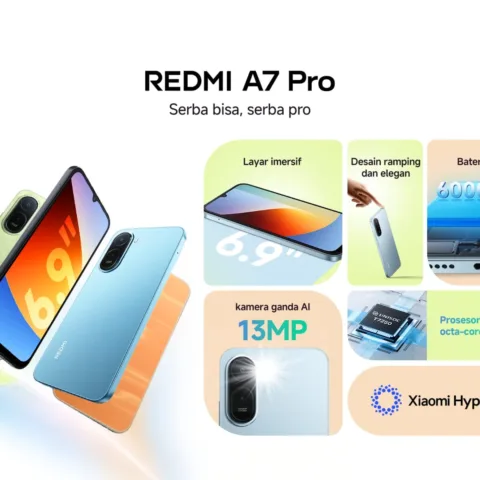 On April 22-24, 2012, a conference aptly named Rethink Music was organized by the Berklee College of Music in Boston. They basically brought together professionals from all over the music industry – from media, from the music labels, from artist management, and even from technology companies like Youtube, Rhapsody and Echo Nest (you can look at the whole speaker roster here). But one of the most interesting things announced and discussed at Rethink Music, in my opinion, is OpenEMI.
On April 22-24, 2012, a conference aptly named Rethink Music was organized by the Berklee College of Music in Boston. They basically brought together professionals from all over the music industry – from media, from the music labels, from artist management, and even from technology companies like Youtube, Rhapsody and Echo Nest (you can look at the whole speaker roster here). But one of the most interesting things announced and discussed at Rethink Music, in my opinion, is OpenEMI.
The basic concept of OpenEMI is to provide access to startups who want to create music applications and services based on EMI’s music library – and if the app is interesting enough, EMI may partner with the startup to develop it further. You can either request for a access to a wide range of songs, or request deeper access to single artists with more audio, video and other content. This developer-friendly system is supported by Echo Nest, the company that also has a wider-range API for music applications that power services like Spotify’s Radio feature.
I won’t spend this entire column giving applause to OpenEMI, but obviously I’m impressed. A system like this will make sure EMI is able to support more creative ideas to expand the music industry from a recording product-selling industry into an experience-selling industry (via applications and services), but also make sure the startups and developers play by their rules as defined in the terms and conditions. I haven’t dived in to the T&C, but it differs per sandbox, but I’m confident it gives ample flexibility to the developers, or else the whole project would not make sense. But they key takeaway is this:
Applications or services that are created using EMI content should be commercial in that they should provide revenues for the partners involved; this includes you as a developer, along with The Echo Nest, EMI and other rights holders. This is the way you will be paid for your work. The business model is up to you, but make sure it is viable.
Sadly, this is still currently a one-label show, as the other 3 major labels don’t have anything like this at the moment, and I’m not sure what will happen once Universal Music’s purchase of EMI finally goes through. But imagine if something like this were to happen across music labels and music publishers, and for, at the least, the majority of artists and musicians?
The energy of the tech startup industry could finally be channeled into the ailing recorded music business, expand music experience offerings, and move beyond the dominance of iTunes, of which even the music labels are complaining about (or on a local level, the dominance of telco-dependent services). The Music Industry Blog arges that music labels already take the venture capital role for musicians, so why not become VCs for startups?
Of course, this might not be simple for most music labels in the traditional sense – but it’s definitely doable for today’s generation of DIY musicians and independent artists. There should be a common point where musicians and artists can meet with developers and startups, and build something together – and make sure that there’s a significant music library that can be provided.
Music – and the Internet – is wide enough for everybody to create their own music and cater to their own fans, so an industry-wide collaboration to create a music innovation platform which developers can build on is something that will benefit the whole industry as well. I’m willing to be a bridge for both parties to make this happen – so, any takers?
 Ario worked in the digital music industry in Indonesia from 2003 to 2010, and recently worked in the movie and TV industry in Vietnam. Keep up with him on Twitter at @barijoe or his blog on http://barijoe.wordpress.com
Ario worked in the digital music industry in Indonesia from 2003 to 2010, and recently worked in the movie and TV industry in Vietnam. Keep up with him on Twitter at @barijoe or his blog on http://barijoe.wordpress.com








